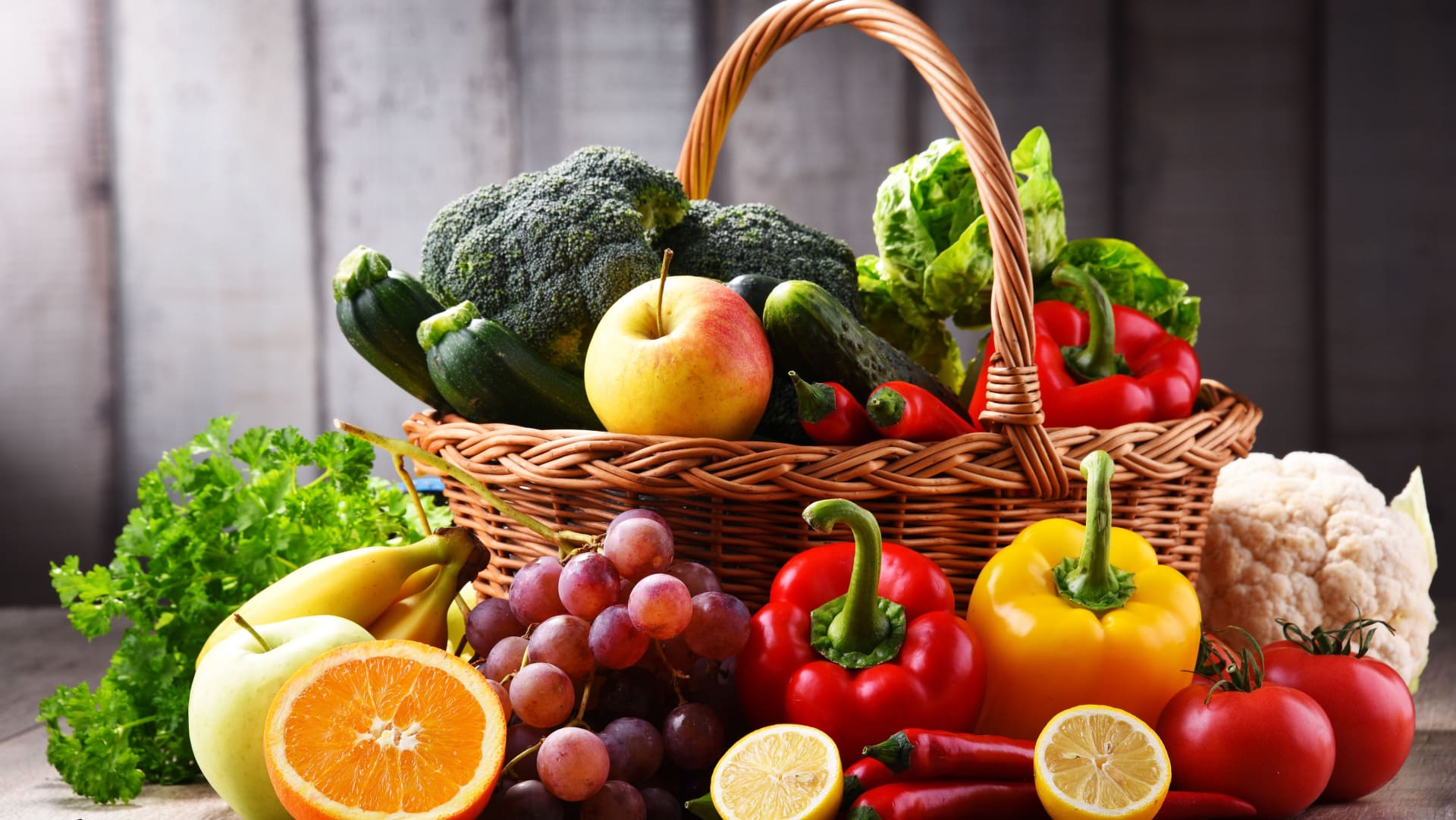Eating hydrating fruits and vegetables for summer helps the body stay cool, refreshed, and energized. Hot weather causes more fluid loss through sweat, which leads to dehydration and fatigue. Adding water-rich fruits, electrolyte-rich vegetables, and seasonal produce makes hydration simple and delicious. These natural foods not only quench thirst but also supply vitamins, antioxidants, and fiber. Whether enjoyed in salads, smoothies, or snacks, hydrating produce supports better digestion and glowing skin. In this article, you learn the top options and practical ways to enjoy them for maximum summer hydration and health.

Why Hydration Matters in Summer
The body loses water quickly in heat, making hydration foods essential. Low hydration levels reduce energy, cause headaches, and slow metabolism. Consuming water-rich fruits and vegetables replaces lost fluids naturally. Unlike sugary drinks, these foods hydrate while giving extra nutrients. Choosing the right seasonal produce maintains temperature balance and improves endurance throughout summer days.
Top Hydrating Fruits
Fruits with high water content refresh instantly. Watermelon tops the list with over 90% water, plus lycopene for heart health. Cucumber works as both a fruit and vegetable, cooling the body while aiding digestion. Oranges and grapefruits provide vitamin C with hydration. Pineapple supports digestion with natural enzymes. Strawberries and blueberries add antioxidants that fight summer fatigue. These hydrating fruits serve well in fruit bowls, smoothies, or chilled snacks.

Best Hydrating Vegetables
Summer vegetables balance hydration with minerals. Celery and zucchini hold plenty of water and improve electrolyte balance. Tomatoes refresh while giving lycopene and potassium. Spinach and lettuce provide hydration plus iron and fiber. Bell peppers supply vitamin C with crisp freshness. Adding these hydrating vegetables to wraps, salads, or juices supports hydration without extra calories.
Creative Ways to Eat Hydrating Foods
Hydration becomes exciting when recipes stay creative. Make smoothies with watermelon, cucumber, and mint. Build colorful salads with tomatoes, lettuce, and citrus fruits. Freeze fruit popsicles with mixed berries for a refreshing snack. Infuse water with oranges, lime, or cucumber slices for flavor. By mixing hydrating fruits and vegetables, you enjoy taste, variety, and consistent hydration all summer long.
Skin and Energy Benefits
Consuming hydrating foods improves skin elasticity, leaving it fresh and glowing. Antioxidants in fruits protect against sun damage. The natural sugars in fruits restore energy without crashes, while fiber keeps digestion smooth. Summer hydration through produce supports metabolism and prevents fatigue better than packaged drinks.
Conclusion
Adding hydrating fruits and vegetables for summer to your daily diet ensures coolness, energy, and wellness. Options like watermelon, cucumber, tomatoes, and oranges make hydration simple and natural. Creative recipes keep meals refreshing while supporting skin, digestion, and endurance. When the heat rises, these foods act as nature’s best defense against dehydration. Every bite fuels your body with water and nutrients, keeping summer healthy and enjoyable.
